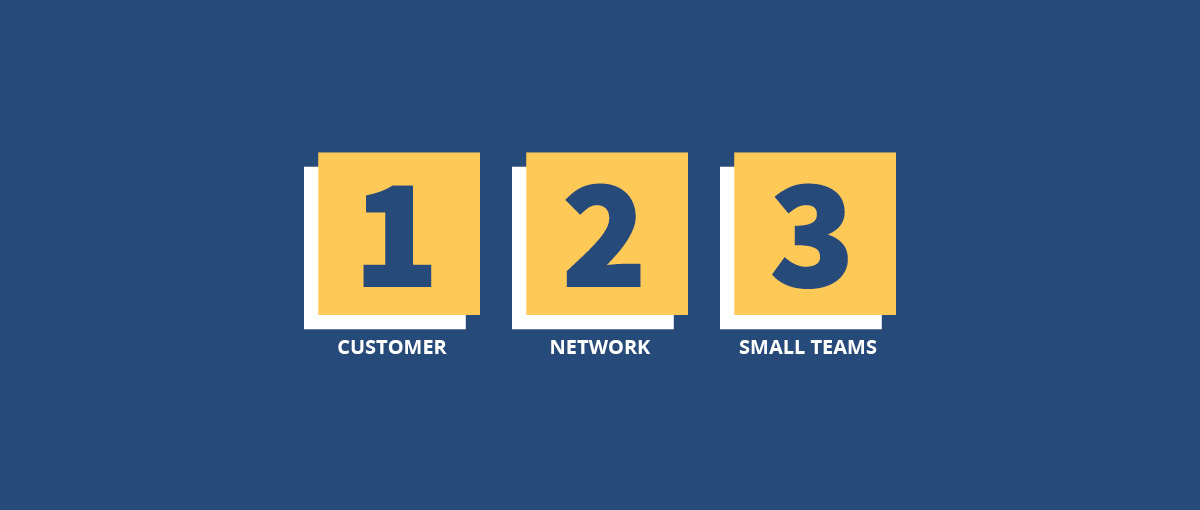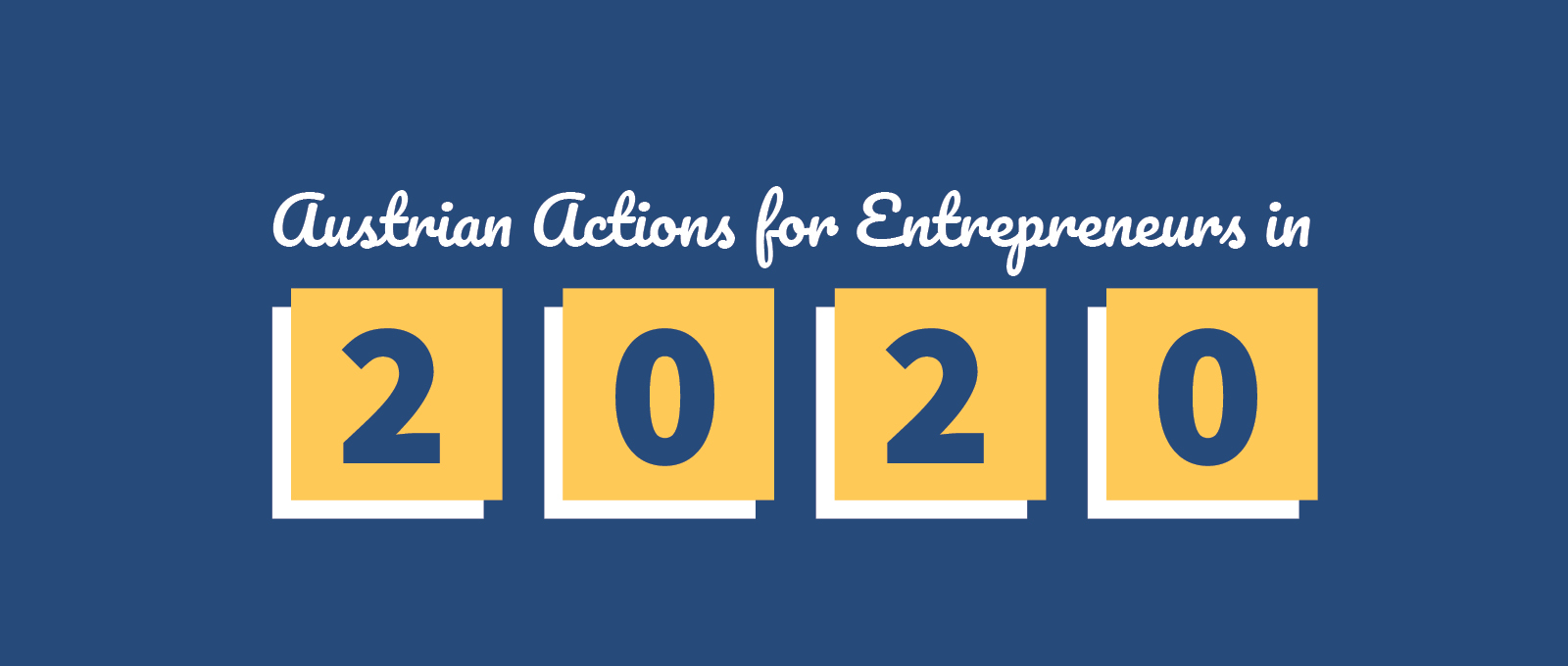88. David K. Hurst: Managing People-As-Ends and not People-As-Means.
Key Takeaways and Actionable Insights
In many situations, the complexities in managing a diverse and layered team of people is to view individuals as ends and not means.
Management and organizational frameworks often treat people as means. The business ends are external: so-called shareholder value, or stakeholder value, which is fashionable today, or simply revenue and unit sales goals or metrics and KPI’s.
Managers are taught to look at people through an economic lens as resources – human resources – in the same way as material resources and financial resources, to be utilized as efficiently as possible.
But people are not means. They are subjects, and they have subjective ends of their own. They’re searching for identity, meaning, and trying to meet their own potential. If managers recognize this, their approach to people as team members and employees will be much different.
Individuals need to be able to tell their own story in their own space.
We work for money but we live for story. The most important story is the one we tell about ourselves and our values. People need opportunities to tell their story. Everyone at every level in an organization and in every type of role or job needs this opportunity.
To do so, they need their own space in which to create and embellish their story, a space that is unique to them and gives them a fine-grained perspective of which they are masters, and for which others will prize them.
David Hurst gave the example of Costco, where the in-store personnel have space to use their own discretion to serve customers. If a customer (a guest, in Costco parlance) requires assistance in locating an item, a Costco associate will stop whatever they are doing and escort the guest all the way to the shelf location. They have their own space and their own discretion to design and deliver a unique level of service, and a story they can tell about their customer commitment. This becomes a culture that pervades the entire company.
FedEx has similar spaces, and similar stories about individual employees going to extraordinary lengths to make sure packages are delivered on time.
One way to create these spaces is to give everyone intelligence gathering roles.
David Hurst tells the story of delivery truck drivers in the steel fabrication business. He treated them with deference for their ability to gather real-time intelligence: which competitors had trucks in the customer’s yard; what concerns were customer employees talking about; which customers were friendly and which ones adversarial? These front line employees are able to gather and feed back market intelligence that was faster, deeper more local and more detailed than traditional reports. It’s small data, often much more valuable than big data. And the employees can tell their stories about their intelligence gathering and their important role in company processes, from their unique space.
The word in management usage now is fine-grained. The front line has a fine-grained perspective and fine-grained intelligence. This fine grain is highly valuable, especially when shared in collaborative teams and structures where everyone knows their role, which is not tied to hierarchy.
Hierarchy and structure create a cascade of negative effects for the people in them.
As companies grow and become larger, they require internal specializations and experts in narrow, technical fields. Specialization brings hierarchy, where general managers can supervise those in specialized roles. Hierarchy leads to careerism and status, when employees are not collaborating with each other but competing. The result is what David calls a power trap. The firm becomes trapped on the right had side of his Management In A Field Of Tensions model.
Recently, it has become fashionable to coin terms such as human capital, or brand capital, or relationship capital, or even spiritual capital or street capital. All of these terms are sloppy definitions of capital from an Austrian point of view.
The tension for management lies in a continuous pull of the “hard, scientific” side of the model, away from the humanistic side.
Austrians lean towards the left hand side of David’s model: humanistic, treating people as ends, respecting narrative more than data. For example, the exercise of judgement under uncertainty, so central to the Austrian paradigm of the entrepreneurially-driven economic system, lies on the left hand side of the model. It’s practical, grounded wisdom, when entrepreneurs make decisions when they don’t have all the data. (And the Hayekian insight is that no-one ever has all the data.) They glean what they can from the individual observations of people involved in the situation at hand (small data), and then decide, knowing that the consequences are uncertain, and that they will need to be adaptive to change in the future.
The right hand side of the model represents the pull of so-called science: hard data, mathematical calculation, plans and administrative bureaucracy.
Smaller, private, more entrepreneurial companies can often avoid the right hand side of the model.
Smaller and privately held companies have many advantages. They tend to be more frugal in good times and bad, and act carefully with cash, thus retaining flexibility in difficult markets. They have a high bar for capital expenditures and make fewer malinvestment decisions. They often try to avoid carrying too much debt, so that bankers don’t have power over them. And, importantly, they are often better at retaining talent and keeping experience inside the firm. They can avoid the careerism of competing for status in the hierarchy, and just let people become better and better at their jobs. On the left hand side of the model, as David describes, it’s all about people.
Free Downloads & Extras From The Episode
Read about David’s management philosophy of Leading Like A Gardener here.
Get David’s book The New Ecology Of Leadership here.
“The Austrian Business Model” (video): https://e4epod.com/model
Start Your Own Entrepreneurial Journey
Ready to put Austrian Economics knowledge from the podcast to work for your business? Start your own entrepreneurial journey.









Leave a Reply
Want to join the discussion?Feel free to contribute!